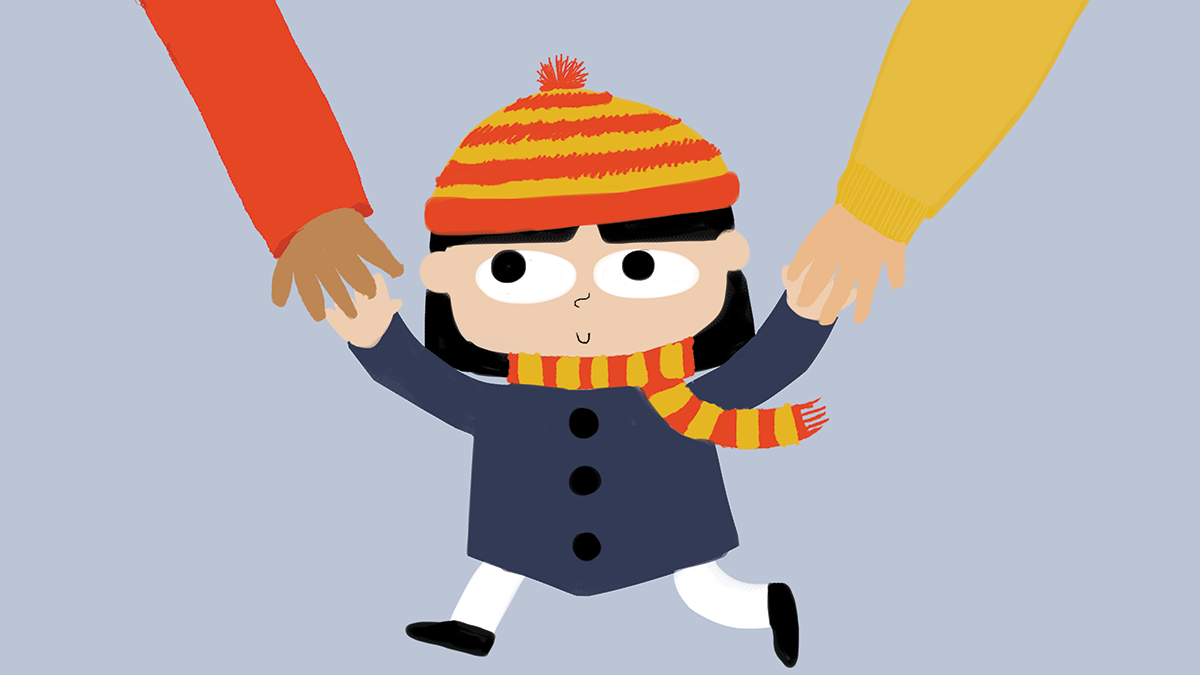Researching your family tree
If you have just started researching your family tree, Ancestors editor Simon Fowler has some sound advice.

Family history – genealogy – is one of the fastest growing hobbies in Britain. Countless people across the UK (and many more overseas) are now engaged in the search for their ancestors, and millions tune in to TV programmes like Who Do You Think You Are?
It's easy enough to start out by checking out your forbears online at home. And it could change your life...
Warm welcome
Family history is a hobby that you can pick up or put down when it suits you. After all, your ancestors are not going to disappear.
There is no pressure to trace everybody you are descended from - indeed it is nearly impossible. Most people only research one side of their family or a few ancestors who particularly interest them. And if one individual proves elusive, well, there are plenty of others out there to find.
One of the great things is how friendly and helpful most family historians are. If you get stuck, the chance is that somebody will be only too pleased to point you in the right direction. And you will receive a warm welcome at your local family history society meeting or adult education class.
Starting out
Begin by working out what you know already about your family and where they came from. Naturally the more information you have, the better. But if you know next to nothing, there's no need to panic.
A good starting point is to talk to the oldest members of the family. Sadly, most ancestor hunters find they are the oldest member of their families. It's a common lament that, 'I wish I had asked granny when she was still alive.'
Many families have a collection of heirlooms, which may well tell you about your immediate ancestors, and it's always worth asking relations to see what they have. Family bibles are particularly useful, because they record the births (and perhaps marriages and deaths) of family members. If you're very lucky, it may go back centuries.
You've probably got an album or shoebox containing family snaps of family events and holidays. Get them out and see whether they tell you anything. Don't forget to ask relatives whether they can put names to the faces.
What's online
You've talked to the rellies and looked at the photographs. Now it is time to start the search in earnest.
Most of the major resources are now available online, generally for a fee. The two largest are Ancestry and Findmypast, but there are smaller lesser comprehensive sites like thegenealogist.
However, lots of material is available for free if you know where to look. The largest is FamilySearch which lists millions of births and marriages (but few burials) before 1837. The data is far from complete and it is not always accurate, but it is a useful starting place. The site also has a detailed index to the 1881 census.
Another great free site is FreeBMD which provides a detailed index to birth, marriage and death certificates from 1837.
All of these sites are simple to use with lots of help available if you are not certain what the records are telling you.
Lots more besides
If you have Scottish ancestors, then most of the work has already been done for you. Indexes to Scottish births, marriages and deaths, census records and parish registers are all online.
There are literally hundreds of thousands of other sites devoted to family history. In fact, it can be difficult to find the one you want! There are links to nearly 300,000 at Cyndi's List.
Otherwise, just enter the name of an ancestor into Google and see what is available out there. You may be amazed what you will find.
Family history has given great pleasure to many hundreds of thousands of people. It's difficult enough to be a challenge, but not so hard that it is impossible to crack. And who knows what will come up? You're unlikely to be related to anybody rich or famous, but most researchers are just happy finding a poacher who was hung for sheep-stealing.
Books
There might be 300,000 websites devoted to genealogy, but many researchers still prefer to rely on books. As a result, dozens of new family history books are published each year. Some are general guides, others describe the records in more detail, while others tell the stories of individual families.
If you are looking for a guide, choose the most up-to-date one you can, as older books will miss out the latest websites and releases of new records. Be warned that many of the most commonly available books are often rather out of date and surprisingly inaccurate.
There are a number of specialist publishers, whose books are likely to be both more accurate as well as cheaper. However, they can be difficult to find in bookshops. It may be best to buy them through the publisher's own websites or via Amazon. They include:
